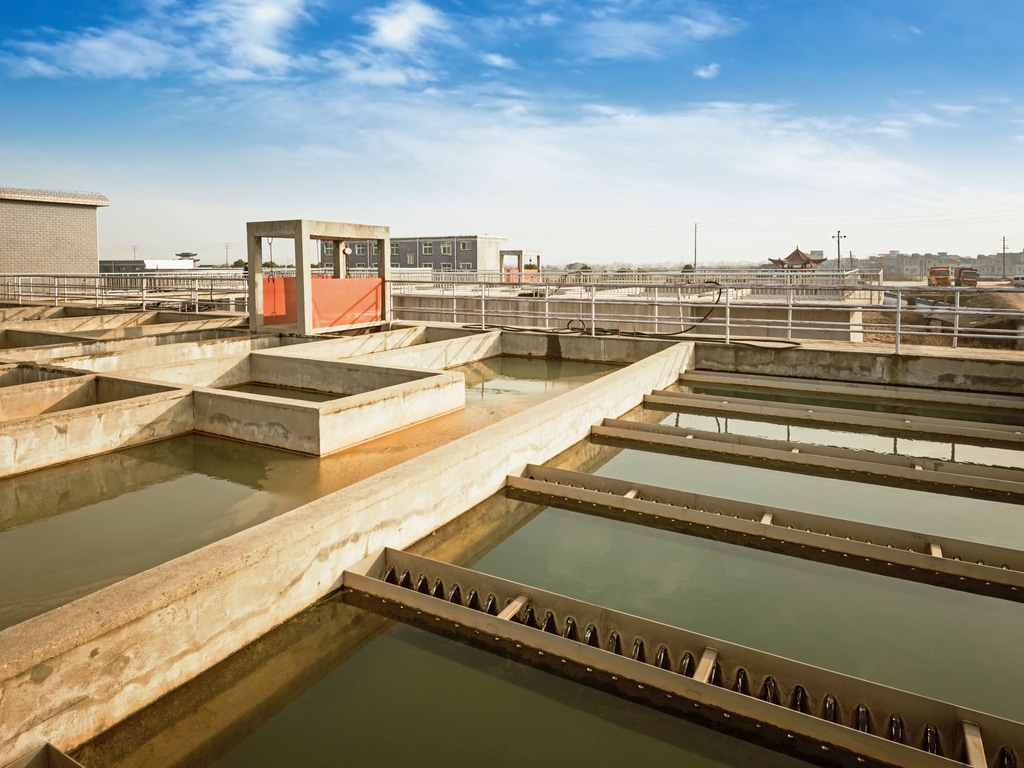Like other North African countries, Egypt is placing a strong emphasis on the development of unconventional water resources for human consumption and agriculture. The responsibilities are shared, between the arid climate of certain areas of the country, and climate change which intensifies the drought. “The solution may be to integrate the desalination and wastewater treatment strategy into the general policy of the state in terms of rational water management and maximum use of available water,” says the Egyptian Minister of State for Military Production, Mohammed Ahmed Morsi.
Read Also – AFRICA: water, at the heart of the continent’s environmental challenges
As a result, Egypt’s National Military Production Authority has entered into a consortium agreement with MPS Infrastructure, a project development company in Africa and the Middle East, and U.S. water management technology provider Aquatech. The consortium will plan and work to cover the establishment and management of new manufacturing and assembly facilities for equipment used in water desalination and wastewater treatment, as well as the use of such equipment to upgrade existing facilities. “The result will be more competitive bids for development projects and world-class in-house operations and maintenance capacity,” says Bjorn Q. Aaserod, executive chairman of MPS.
Read also- AFRICA: desalination now at the heart of water supply strategies
Egypt wants to acquire more electricity and chemical efficient water treatment and desalination plants. Such modern facilities should make water more affordable for households and farmers. This will be possible thanks to the LoWatt™ technology that Aquatech brings to the table. “Our modular wastewater treatment and desalination solutions are perfectly suited to Egypt’s needs. The idea is to contribute to President Abdel Fattah Al-Sisi’s Water 2050 Plan,” says Aquatech CEO Devesh Sharma. The Egyptian government expects desalination to produce 6.3 million m3 of water per day by 2050. Wastewater reclamation will allow the restoration of agricultural land and the development of irrigated agriculture.
Ines Magoum
